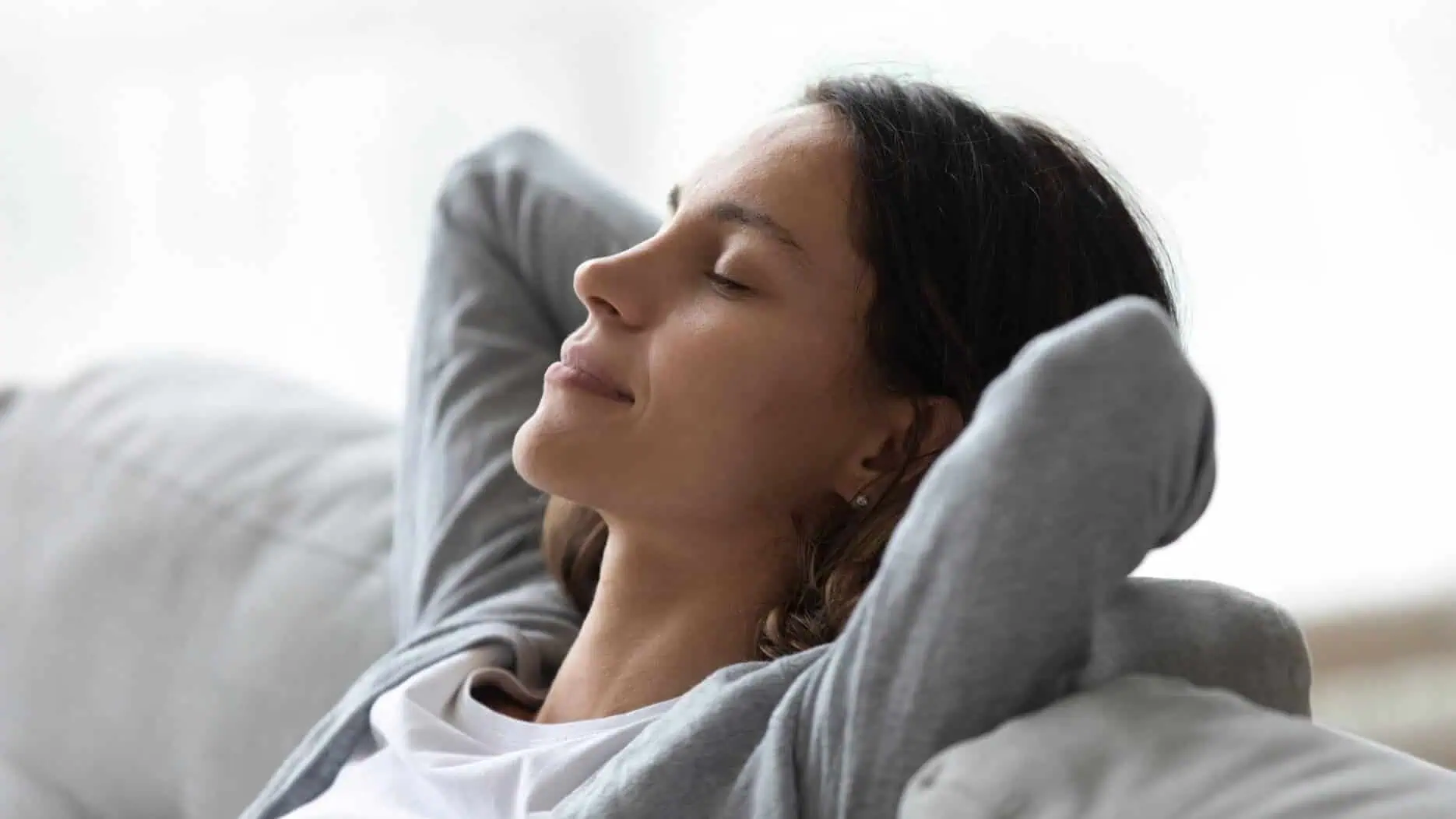Why GRIT Skills are Needed
Hi, I’m Dr. Chad Larson. If you’ve been following along, you’ll know that this is the sixth episode in a series that I’ve done on “grit.” But again I’ll give you a quick overview of why I’m doing it.
Let’s Recap:
- The first one is about the Grit to Persevere.
- The second one is on the Grit to Control Your Thoughts.
- The third one is the Grit to Master Fear.
- The fourth one is the Grit to be Your Best When You are at Your Worst.
- The fifth one: the Grit to Train Your Weaknesses.
Today’s series is on the Grit to Recover.
Post pandemic, I think a lot of people will be looking to get their normal lives back. And as you know, I look at things through the healthcare lens and I think a lot of people have seen their health generally decline, even aside from the viral situation itself. A lot of people have fallen into some bad health habits. I’ve heard from lots of people that their diets are not what they used to be, they’re not exercising the way they want to. A lot of people have started health-related New Year’s resolutions. And here’s what it is. It’s often difficult to stick to those things. So I want to discuss the concept of grit and the science behind it, and help matters how to do it. It’s a skill that can definitely be trained over time.
GRIT SKILLS 1-5
So this is the sixth of six episodes on grit that I wanted to bring to you.
The very first one was about the grit to persevere, and it’s all about physical perseverance, which will in turn help to improve your mental perseverance.
Then we talked about the grit to control your thoughts, because it’s difficult to ignore the things that you need to ignore, and to pay attention and focus on the things you’re trying to make your focus. And doing hard things, doing something hard, something new, takes a lot of focus. So there are things we want to do to improve that focus, and controlling your thoughts is a good skill for that.
The third one was the grit to master fear. Fear can be a really great ally when we’re working on focus. So we talked about the work of Mihaly Csikszentmihalyi, a psychologist who has talked about the idea of flow. One of the ways to induce flow is to operate at the point of balance of challenge and skill. When a challenge pushes your ability to keep up with that challenge, that requires a lot of focus. And when that happens, you’re getting focus for free. The whole endeavor of doing hard things, focusing on what you want to, and ignoring the things that you don’t takes a certain amount of brain energy and mental focus. So in that regard, using fear as a tool can be helpful. Listen to that episode if you want to know more about that one.
The fourth one was the grit to be your best when you’re at your worst. Because inevitably, motivation is going to run out, you’re going to hit a wall. But you want to be able to continue working on your goals, work on taking some next steps, even when you’re not feeling great.
Which leads right into the fifth one, the grit to train your weaknesses. We all have them, and they’re our weaknesses for a reason. Each of us has a different weakness. I talked about some ways that researchers suggest to train your weaknesses.
The 6th and final GRIT Skill – Recover
And then the sixth one is very important, just as important as all the other grit skills, and it’s the grit to recover. This the sixth and final installment in the series, and it’s important because doing hard things is an art and it takes a certain amount of energy and drive and focus to keep up with those tasks.
Need Active NOT Passive Recovering!
All these grit skills will certainly help to build the skills and the energy and a neurological focus to be able to do that. But you must recover. You must do active recovery practices. And what I mean by recover, what the science clearly suggests, is not to just veg out and scroll through Facebook mindlessly, or watch a movie or binge on some kind of show. That kind of passive recovery is not what they’re talking about. They suggest that it’s not actually helpful for the kind of recovery we need. We want more active recovery.
Stack your Recovery
Active recovery can be going and getting a massage, doing a walking meditation, doing a soak in your hot tub. Maybe you can even stack these practices, kind of like we talked about in the second grit skill of controlling your thoughts. Then, we talked about mindfulness and that there are some very easy ways you can incorporate that. So maybe you also can stack them in this recovery process as well. Maybe you’re doing a hot tub or a sauna session, and at the same time you’re doing a mindfulness practice or meditation.
You could be doing some kind of hobby that’s both relaxing and engaging. That can be an active recovery process. Not the passive type of recovery that’s just mind-numbing. It’s been shown that that kind of recovery isn’t helpful here. We’re talking about the grit skill of an active recovery process. So there are some ideas for how to incorporate those.
Sleep!
Another key factor in the grit to recover, and we’ve talked about it throughout this series, is sleep. SLEEP is probably the MOST IMPORTANT RECOVERY PRACTICE.
Whether you’re trying to do hard things, or you’re trying to stick to a New Year’s resolution. Or maybe during the past 24 month period you’ve come up with a cool business opportunity or anything else that you’re trying to incorporate into your life but it’s kind of difficult. It takes time, it takes focus, it takes brain energy. Really making sure that you’re making sleep a priority can be a major determining factor in whether you’re successful with it or not.
-Dr. Chad Larson
Frankly, that’s just how important sleep is. There’s nothing else that we could do in this recovery practice, even the examples that I just mentioned, that can do anything close to what sleep does for recovery, for your brain, for the energetic mitochondrial system of your neurons to keep showing up and doing their work. I can’t overemphasize the importance of sleep in an active recovery process. That’s probably number one. But also remember the other things that we talked about, such as doing a soak in the hot tub, or doing a sauna, or getting a meditation in, or doing a walking meditation, or enjoying some kind of hobby that’s both relaxing and engaging.
Mix it Up!
So, choose from this list, maybe mix it up, try different things. You can stack them together and combine them, but the grit to recover is super key. Hopefully this helps you to keep going on your quest to do these hard things. I’ll keep reading the studies and bringing you the information. Until then, keep it real.
Recommended Products:







